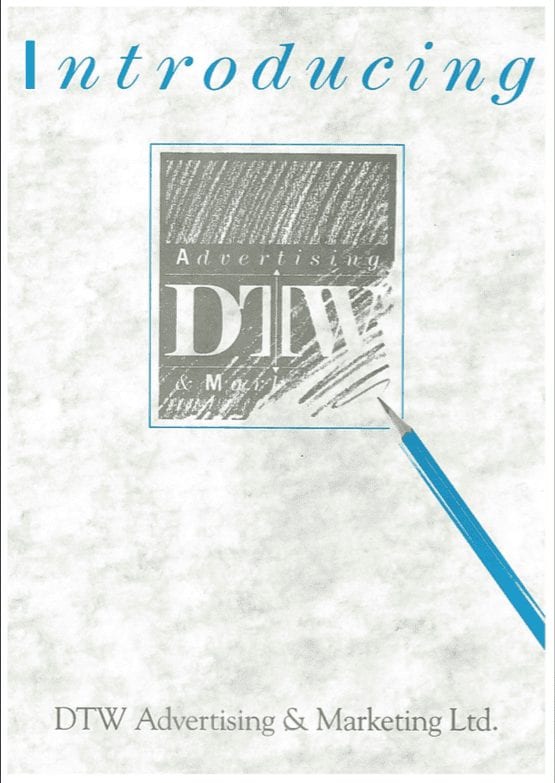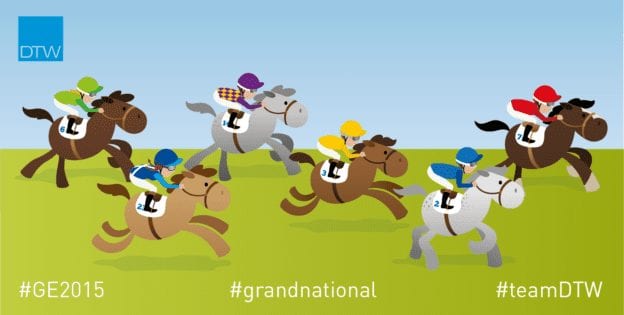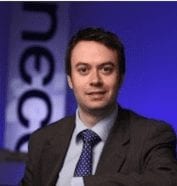Karen Westcott, DTW PR Manager, looks at the key ingredient into the best PR responses to adversity.
Public relations and the management of reputation is often heavily criticised and the butt of ill-informed jokes, particularly when it comes to discussions around politics, the need to save money and hiring ‘unnecessary and expensive’ consultants.
Too often we are an easy target – sometimes labelled untrustworthy spin doctors that should be believed with caution.
At a time of austerity, we, as an industry, have taken a bit of a battering, with some organisations, particularly in local government, deciding that PR was more of a luxury than a must-have, choosing to streamline and lose resources.
However, 2015 has thrown up a number of high profile cases that have shown the difference organised, efficient, empathetic communications can make, particularly at times of crisis.
In simple terms, effective PR can save a business from going under, maintain the reputations of CEOs and, crucially, help shape policy going forward.
There have been examples this year where the poor handling of a crisis has become the story, rather than the original offence. And in PR terms, there is no greater disaster than that. Volkswagen’s ability to bounce back from the emissions furore may well depend on how well it manages its PR going forward. And let’s face it, it didn’t get off to a great start with a lack of information and customer care dominating the headlines.
And this week former Sainsbury’s boss Justin King produced a report into Thomas Cook’s handling of the tragic deaths of brother and sister Bobbi and Christi Shepherd in 2006. They died, aged six and seven, of carbon monoxide poisoning due to a malfunctioning boiler while on holiday in Corfu with their father.
Thomas Cook should have done everything possible to compensate, listen to, and work alongside the children’s parents in the days, months and years following the tragedy, but instead it took an insensitive approach, preferring to pay little attention to the family and often putting profits before its customers.
King criticised the company for its abrupt and late replies when contacting the parents, and for ignoring Mr Shepherd’s attempt to arrange a meeting in 2013. He said when the company did contact the family, its approaches were “intermittent, sometimes ill-timed and often ill-judged.”
He said: “The fact that this tragic situation spanned almost nine years is testimony to how much the legal rather than human considerations dominated the landscape.”
It took nine years for the company to apologise – Thomas Cook only did so after repeated complaints about their attitude and revelations that the company had received more compensation than the children’s parents.
Contrast that to Merlin Entertainment, owner of Alton Towers theme park in the West Midlands. It was thrown into crisis in June this year when its Smiler rollercoaster malfunctioned, causing two carriages to collide, injuring 16 people – four of them seriously.
Merlin’s CEO Nick Varney immediately fronted the media response, issuing an apology and emphasising the company’s devastation and commitment to safety.
They contacted each of the injured people concerned, visited the most seriously injured on a number of occasions, and, crucially, apologised very early on.
Within days, they had accepted responsibility and had started to make interim payouts to the victims.
The theme park did lose substantial profits in the wake of the accident, but the company hasn’t come in for criticism and both the reputation of Alton Towers and its CEO are arguably stronger than ever.
The difference between the two comparisons is simple – human compassion.
Maintaining good PR may seem like an easy objective, but at times of crisis, when the world around you is critical, angry and demanding of answers, it can be extremely lonely and difficult to stay focused. Hiding away and saying very little may seem like the easier option.
The key, DTW believes, is to always remember that people are at the heart of our business – not profits, profiles and spin doctoring. Everything we do is ultimately about people, therefore, we should always treat others the way we would want to be treated ourselves.
At times of crisis, immediately stand up and be counted, apologise if things have gone wrong and investigate fully so it doesn’t happen again. Be visible from the off, open and honest and, most importantly, be compassionate. And remember always that your actions speak far louder than words, so be pro-active.
Faceless, impersonal social media may be king, but people remain the same. The moment we forget that we are communicating with emotional human beings is the moment we should throw in the towel and do something different.








